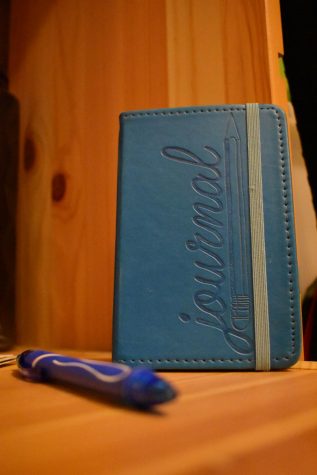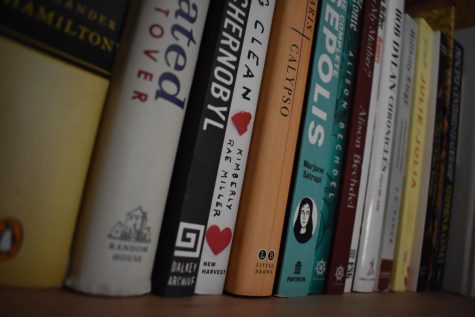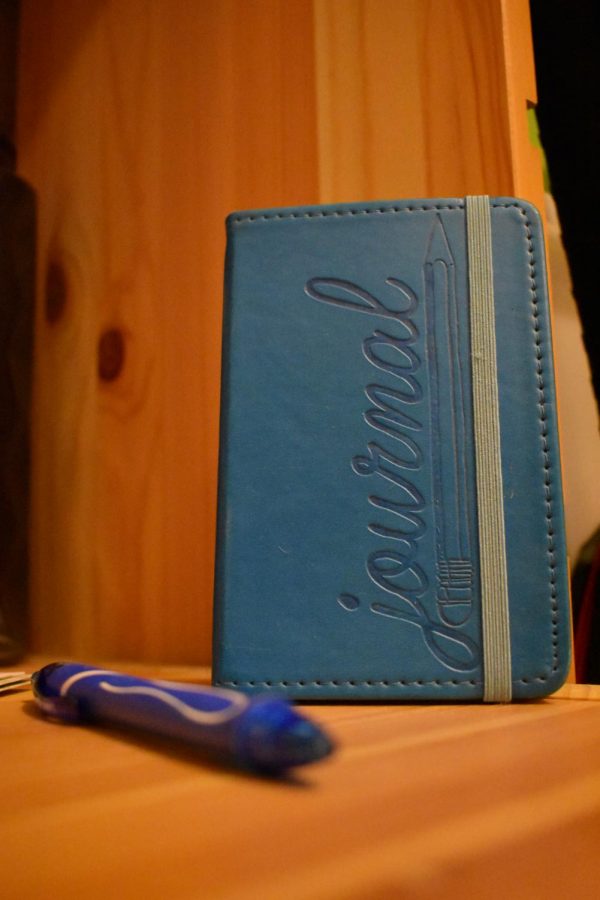#2 Start Writing
Though you probably don’t miss all the homework/paperwork in your daily life, I’m sure many people still enjoy writing. Start creative writing again. Maybe you’ve been too busy lately to journal each night. Perhaps you finally have the time to write that novel you’ve been brainstorming. Writing essays may not be your thing, but find some way to keep your writing strategies during this time.

Journaling
One of the most popular forms of creative writing is journaling. Journaling can consist of capturing the current environment surrounding you, channeling your thoughts and opinions, storing memories, or just reflecting on certain aspects of yourself or your life. Penzu is a website dedicated to helping others get the best experience out of their journaling. They provide resources to teach you about journaling, give journaling prompts, and improve your overall experience.

Non-Fiction Writing
Document the events of your life into a memoir. Brooke Warner, writer for The Write Life, a website dedicated to helping others write, teaches how to write a memoir. Following her lesson, you will learn how to distinguish a memoir from an auto-biography, the strategic skills to use to make your writing appealing, and tricks to narrow your focus and continuously pull the focus towards a single theme. If you plan to write non-fiction, always find factual sources. Educate yourself on a topic before you write and always keep track of sources. Sources can be books, essays, biographies, or articles. No matter what type of factual writing you choose, remember to stay to the facts, try not to guess information. When documenting your own life, try to make sure your memories remain clear. If a section of your memoir involves interactions with other people, try and discuss the event with them so you can get a complete understanding of what actually happened.

Book Collecting – probably one of the most popular forms of collecting.
Fictional Writing
If documenting your life doesn’t sound appealing, write a fictional story. Use your creativity to develop a short story or a novel. When you’re having trouble finding inspiration, find something that interests you. Research ideas and look at your bookshelf to learn what you find the most interest in. Take a walk or a day to think about what you would enjoy writing about. Fictional writing can range from light and uplifting to dark and sinister. Despite the number of books in existence, there still remains many unwritten stories for all genres. Pick one, develop some characters and a plotline, and get started.
Stephen King, also known as the King of Horror writing, didn’t start out with such a title. King admits that his writing wasn’t that good when he started. As a gift to new writers, many have documented his advice to those trying to conquer their writing skills. Freewrite provides an article documenting the best 50 pieces of advice from Stephen King himself. Though King specializes in the horror genre, new writers of all genres would greatly benefit from reading his advice.
New writers can access infinite resources in a quick internet search, but remember your two main skills: improving your writing, and improving yourself as a writer. Masterclass has lessons from many of the greats, but they additionally provide free articles to help aspiring writers. Improving yourself is more important than improving your writing. If one wants to improve their writing, they need to try different strategies and different styles of writing according to Masterclass. Once you have improved yourself as a great writer, next you can work on your writing and revising strategies.
Publishing Your Writing
Allow others to view your writing. If you take to personal writing, start a blog. There are plenty of places to start your own website, but for a free one, create an account on weebly.com or blogger.com. Publish any sort of writing on WattPad, and maybe even bring you short story or poetry writing skills to LitMag, the Literary Writing Club that even allows you to be published in The Bark.
Writing is a great way to keep your mind active and perhaps even make some money if you stick with it. Entertain yourself with creative writing even if it’s only for five or ten minutes a day. The best strategy to use when starting out is persistence. If you find no interest in one style of writing, try another. Keep writing, keep busy, and Keep It Red.
